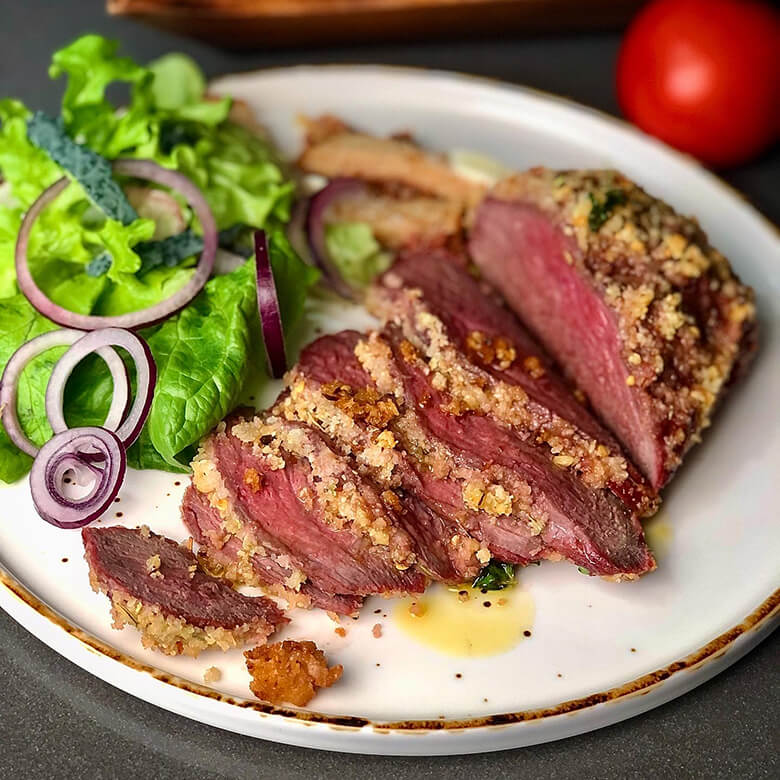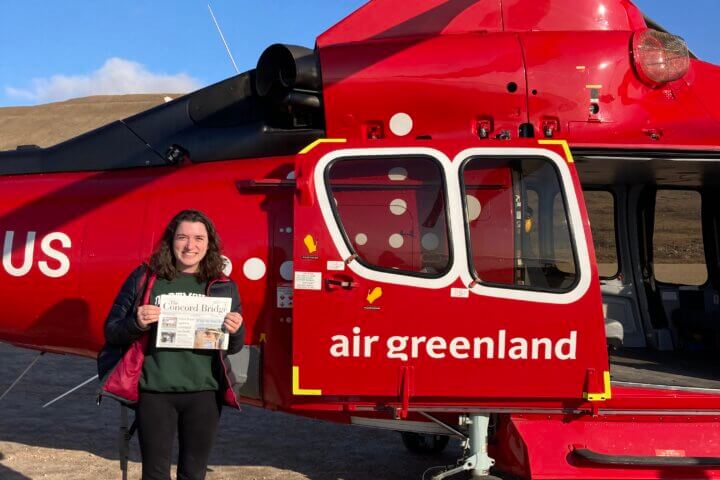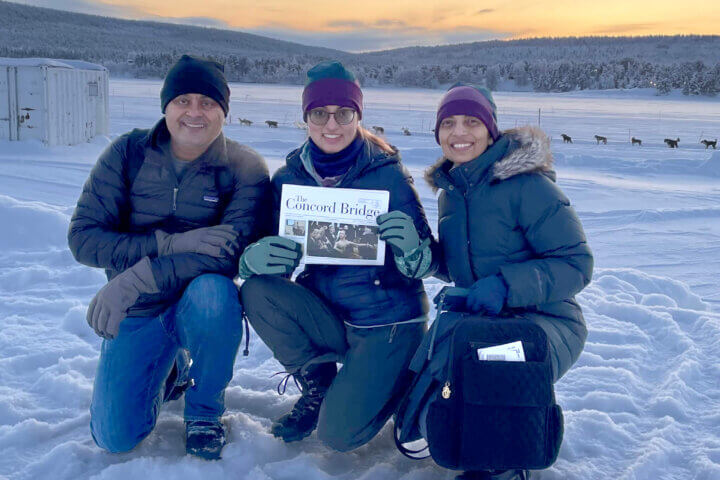By Wilson Kerr
I get restless in the fall. Wondering what’s happening out there in the woods when I am occupied elsewhere. I yearn for the ancient smell of pine and dirt mixing together as the sun’s rays warm through the mist shrouding the forest floor. Sitting quietly, fully aware and watching and listening intently makes me feel alive.
We used to be much closer to the earth’s rhythms. For thousands of generations before these modern times, before settlers arrived on this continent, autumn was called the “harvesting season.” Preparations needed to be made – seasonal food taken in and stored for the cold, dark winter days ahead. And part of this, for eons, was the harvesting of wild game.
The topic of hunting is a difficult one to write about. The causal relationship between eating meat and the fact that an animal has to die for that meal can make people uncomfortable.
But humans are omnivores, evolved to consume both plants and animals — our sharp canine teeth are a reminder of this. While a vegetarian diet can be healthy too, about 95 percent of Americans eat meat. In most cases, this meat “just appears” in grocery store coolers, wrapped in plastic and Styrofoam, allowing us to put aside the unpleasantries associated with its arrival there.
Today, a staggering 70 percent of cows, 98 percent of pigs, 99 percent of turkeys, and 99.9 percent of the chickens we eat come from giant “factory farms.” Antibiotics and growth hormones and huge volumes of water and fuel are used by the corporations that dominate the industry. Awareness about this is growing as there has been a recent movement toward eating local, more humanely raised livestock. Grass-fed is trending.
But there is another source of organic local meat. For those who choose to hunt, whitetail deer (venison) is a far-healthier alternative. At half the calories and with 50% less fat than beef, venison is packed with protein and iron and is lean and delicious. And obviously free of the hormones and antibiotics prevalent in some store-bought meat.
Until very recently, hunting game (and, later, raising animals for the purpose of consumption) was normal. Life and death mixed in a more natural, necessary way. We look back with hearty admiration, but most now recoil at the idea of doing it ourselves.
There’s anthropologic evidence that humans have hunted animals for food for at least the last 500,000 years. At the first Plymouth Plantation feast in 1621, according to the journal of Edwin Winslow, the native Wampanoag “went out and killed five deer which they brought to the plantation and bestowed upon our governor, and upon the captain, and others.” And the turkey, if they indeed had any, was certainly hunted in the wild.
The reason I want to be out in the woods each fall – the cause of my restlessness – is because I am a deer hunter. Hunting connects me to nature, but it also connects me to family traditions. To lessons my father taught me, that were taught to him by his grandfather. I also enjoy knowing where the meat in our freezer comes from and literally seeing the life the animal led prior to the “harvest.”
I realize this is not for everyone, and friends often ask, “how can you do that?” (usually with a Bambi reference tossed in).
The answer is complex and I suspect each hunter has their own. To “take” an animal is an emotional rollercoaster — a perhaps ironic mix of elation and sadness. This Field & Stream “Why I Hunt” piece by William Tapply has always resonated. He says it better than I can:
“I hunt because it reminds me that in nature there is a food chain where everything eats and is, in its turn, eaten, where birth, survival, and reproduction give full meaning to life, where death is ever present, and where the only uncertainty is the time and manner of that death. Hunting reminds me that I am integrated into that cycle, not separate from or above it. I hunt because it keeps my passions alive and my memories fresh and my senses alert…”
Whether you hunt or not, I hope you will sense the “harvesting time” in the air and heed its call. It is what is causing your restlessness to get outside and take in the crisp snap of the morning air and sharpen your senses with a deep breath or two. To feel the old rhythms of life that still echo through the ages, and across the fields and farms of our beautiful town.
Until next month, enjoy some Time Outdoors (and look me up if you ever want to try some venison or have any questions about hunting).
Wilson Kerr lives in Concord and is an avid outdoorsman and amateur naturalist. This monthly column is written to help grow awareness of the wonders of nature. In this increasingly fast-paced and technology-packed world, it is important to stop and take in the beauty of our area and the animals that inhabit it. The author hopes this column will be read by families and used as a teaching tool and that you will spend more… Time Outdoors.





